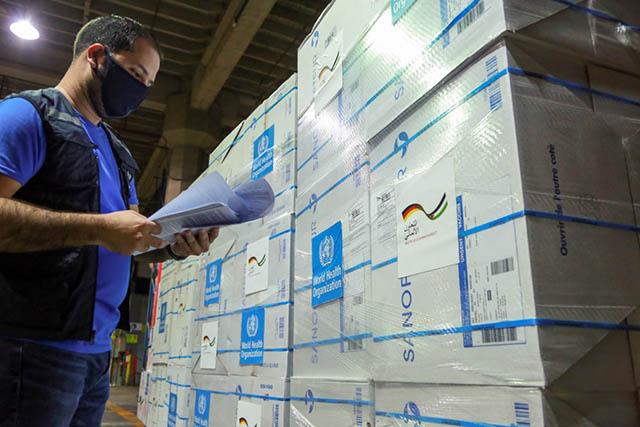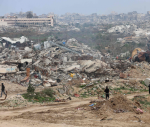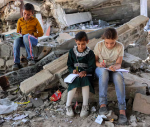You are here
‘H3N2 most common flu among Jordanians this cold season’
By Laila Azzeh - Jan 07,2017 - Last updated at Jan 07,2017
AMMAN — Influenza H3N2, a virus subtype, is the most common type of flu among Jordanians this winter, a Health Ministry official said on Saturday.
As is the case with H1N1 and B influenza viruses, those diagnosed with H3N2 suffer from typical flu symptoms, with the World Health Organisation (WHO) estimating that 15 to 25 per cent of those infected with seasonal flu suffer from the H3N2 flu type.
“Unlike what some news websites have reported, H3N2 is not a new virus, and the deaths caused by the disease aren’t any higher than those caused by the seasonal flu,” Mohammad Abdallat, director of the ministry’s department of communicable diseases control, told The Jordan Times.
He added that, like other influenzas, the disease only becomes dangerous among high-risk groups such as infants, the elderly, and people with respiratory problems.
“All the necessary medications are available at the Health Ministry and its departments across Jordan,” Abdallat said.
All 2015-2016 influenza vaccines protect against H1N1, H3N2 and B viruses, according to WHO
Influenza is a viral infection that mainly affects the nose, throat, bronchi and, occasionally, lungs.
Infection usually lasts for around a week, and is characterised by the sudden onset of high fever, aching muscles, headaches and severe malaise, a non-productive cough, sore throat and rhinitis, according to the WHO website.
The virus is transmitted easily from person to person via droplets and small particles produced when infected people cough or sneeze. Influenza tends to rapidly spread in seasonal epidemics.
Related Articles
As the days grow shorter and the temperatures drop, many people are reminded that “cold and flu season” has arrived
AMMAN — The Federal Republic of Germany has donated 78,000 doses of quadrivalent influenza seasonal vaccine to the Ministry of Health throug
The Health Ministry reaffirmed on Tuesday that no cases of bird flu (H5N1) have been recorded in Jordan since 2006, the Jordan News Agency, Petra, reported.

















